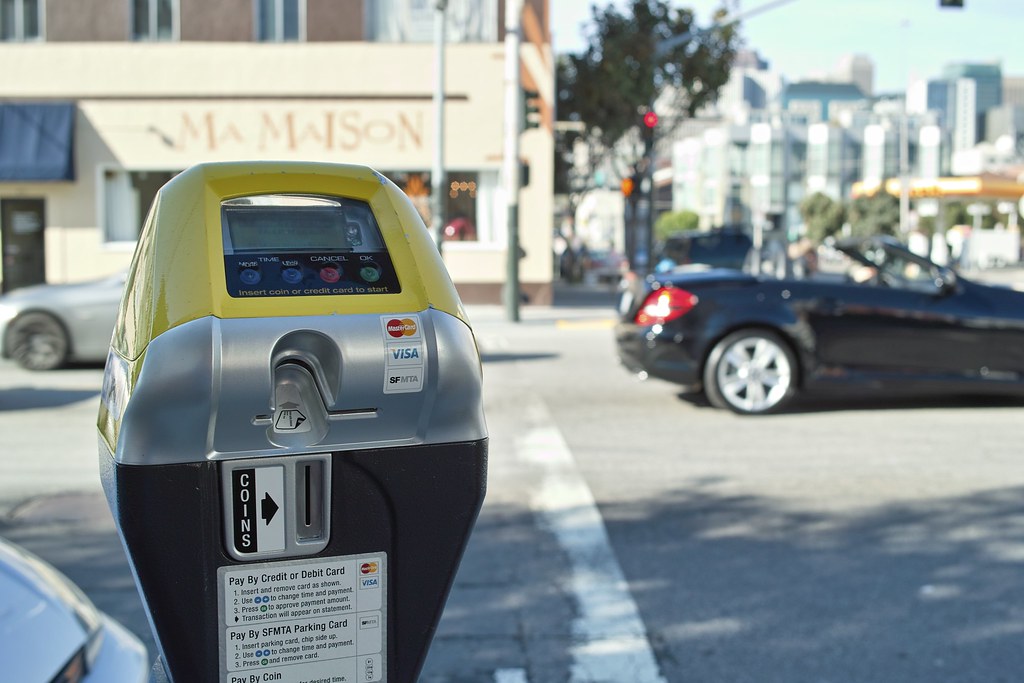A Guide to Smart Parking Meters
As parking turns smart, parking meters are transforming into powerful machines that go beyond functioning as a simple pay station. Smart parking meters play a crucial role in delivering a truly ‘smart’ parking experience by offering a versatile range of payment modes and managing parking subscriptions and tickets.
What are the smart parking meters?
In simple terms, a parking meter collects money for the use of a parking spot. Typically, they are used by municipalities the world over, for enforcing their on-street parking policy and increasing revenue. The first parking meter came about in the 1920s, a purely mechanical contraption that charged a nickel an hour.
Today, smart meters form a key component of smart parking systems. It is easy to conceive why older parking meters are redundant in a world increasingly moving towards cashless transactions. Smart meters conduct cashless transactions through NFC technologies, chips, e-wallets, and SMS payment modes.
How a smart parking meter works
When a car enters a parking lot, the meter takes into account data such as license information. The tariff structure is displayed at this time, allowing commuters to apportion the time needed for parking. The meter can be programmed to notify the commuter before the expiry of apportioned time, failure of which will typically lead to a penalty or fine. The commuter can make payment through different modes using smartphones, assigned chips, debit or credit cards while leaving the parking area.
Applications and benefits
A smart parking meter continuously communicates with a central parking platform, relaying parking data to be processed and analyzed. Here are some cutting-edge applications of this smart device.
- Mode of payment – A key benefit of smart parking meters is the flexibility they allow for in payment modes. Transacting in cash can be slow and cumbersome; it offers several payment options – credit cards, e-wallets, SMS payment, etc.
- Tracking parking patterns – Smart parking meters provide round-the-clock monitoring information and data that helps forecast parking patterns. This can help parking facilities and local municipalities to predict occupancy and make arrangements accordingly
- Enhanced decision-making – Parking operators require powerful tools for analysis and decision-making to support the efficient management of their facilities. The smart parking dashboard handles all data received from smart parking meters, thus tracking each and every transaction. Subsequently, the dashboard can also be used to study statistics such as sales by period, region, payment method, etc.
- Correct parking fee – Commuters often face the issue of being charged with incorrect parking fees. Smart parking meters eliminate the risk of overcharging or undercharging commuters. They charge the correct parking fee based on parking conditions and duration
- Improved enforcement – Parking meters record each transaction associated with a parking ticket, also recording the number plate. Upon payment, the virtual ticket is saved and can later be accessed by an enforcement officer. In this way, virtual tickets reduce maintenance costs for the city and eliminate inconvenience faced by drivers. The enforcement officer’s job is greatly simplified; they need to scan the number plate
By integrating smart tech like parking meters into their facility, parking operators can realize enhanced efficiencies, minimal revenue leakages, and ultimately offer customers a smooth parking and payment experience.

